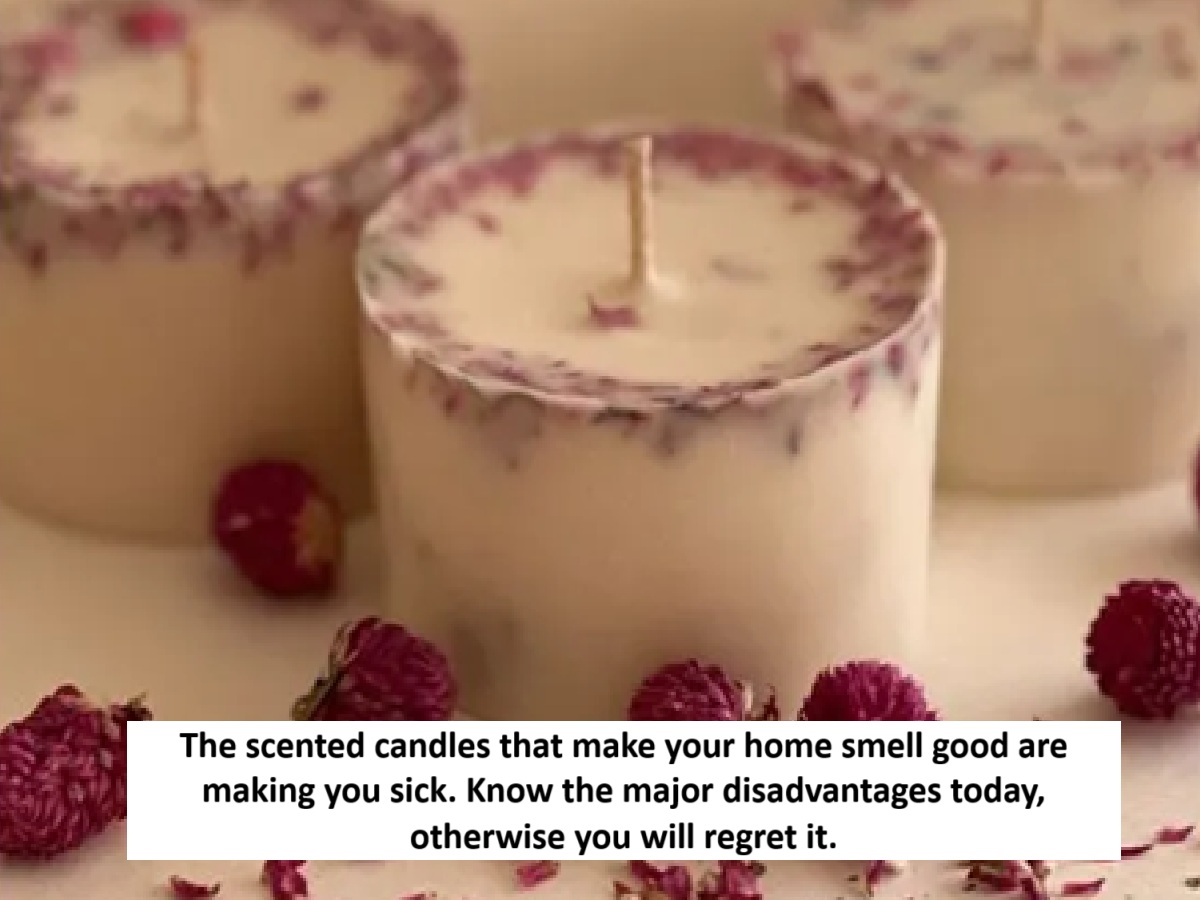
News Topical, Digital Desk : Whether it's a romantic dinner or a positive change to your home's vibe, candles seem like an easy and inexpensive option. Burning candles daily inside your home can have negative health effects.
Additionally, the smoke and particles emitted can increase the risk of illnesses like headaches, dizziness, anxiety, or even cancer. A study conducted in April 2015 suggests that even if a candle isn't burning, it can still release toxins. Let's explore the disadvantages of burning candles indoors daily and how to avoid them.
What happens when we light a candle?
When a candle is lit, a chemical compound containing hydrogen and carbon dissolves into the air. Burning candle particles also release traces of toluene and benzene. Toluene is commonly used in paint thinners and adhesives.
Benzene is one of the gases released during forest fires, volcanoes, and the burning of coal or oil. However, most of the benzene is ingested through smoking. It is also considered a carcinogenic gas, which can increase the risk of cancers such as leukemia and blood cancer .
Can wax also be harmful?
The type and quality of wax also play a role. Although there's no scientific evidence to support this, it's best to avoid paraffin wax. It's made from petroleum and emits more harmful gases than other waxes. This wax is also cheaper.
If you want to burn candles safely
- Burn only candles containing soy wax, beeswax, or stearin wax.
- The candle wick should be made of cotton, wood or synthetic material and should not contain metals like lead or zinc.
- If you like to burn scented candles, then choose candles with essential oils.
- Avoid candles with chemical dyes.
- Keep the windows of the house open and the room ventilated while the candle is burning.
- Don't fall into the trap of cheap candles, they contain a high risk of harmful chemicals.
- The wick of the candle should not be too long, you can shorten it yourself by cutting it.
- To avoid headaches , respiratory problems or eye problems, burn scented candles for a short time only.
- Avoid burning scented candles around pregnant women, small children, or people with respiratory illnesses.
Read More: Want to get rid of a sagging belly? Pyramid walking is the easiest way, read its benefits.
--Advertisement--

 Share
Share



